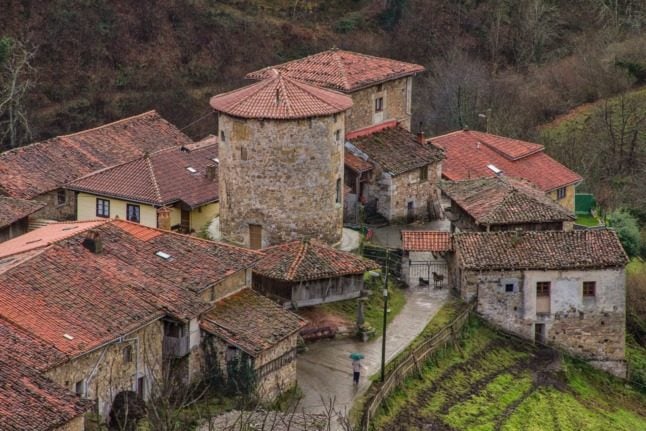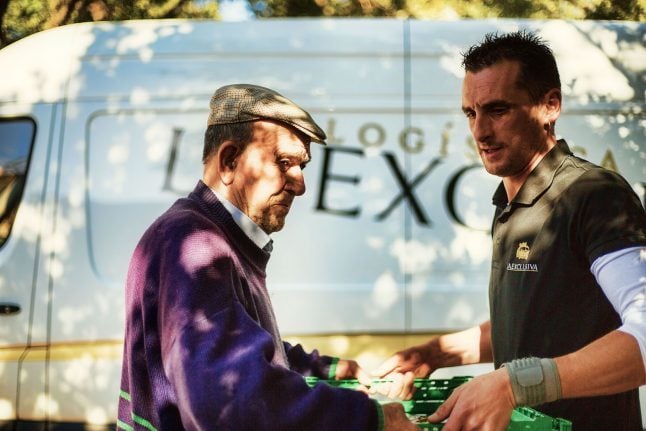The 24-year-old man from Oskarshamn claimed to be a girl named Frida and found his victims on different social media websites, the local Östran daily reported on its website on Tuesday.
He persuaded his victims to expose their breasts and genitals to him on webcam, the report said. According to Sveriges Radio’s P4 news in Kalmar on Tuesday, the youngest victim may have been as young as eight years old.
The man, who was 19 to 20 years old when the incidents occurred, passed himself off as the same age as his victims on several occasions. The incidents took place from the spring of 2005 to the autumn of 2006 and the exposed girls were born between 1991 to 1997.
During a raid on the man’s house, police also found 24,800 child pornography photos on his computer, of which 5,000 were regarded as “obscene” and “ruthless,” SR reported. Police also learned that he had sold the photos to others.
Kalmar district court sentenced him on 39 counts of aggravated child exploitation for sexual posing, 15 counts of child exploitation for sexual posing and one count of aggravated child pornography.
The sentence carries an actual penalty of three years in prison, but the court only sentenced him for one year. In addition to the prison sentence, the man must also pay 474,000 kronor ($71,270) in compensation to 35 of the victims for the violation, pain and suffering he inflicted on them.
The court determined that the girls who exposed only their breasts will be compensated 5,000 kronor for the violation, while those who exposed both their breasts and genitals will be compensated 10,000 kronor, newspaper Dagens Nyheter (DN) reported on Tuesday.
Both SR and DN reported that the man underwent a so-called minor psychiatric evaluation. According to the examination, the man suffers from certain neuropsychiatric disorders, but none that would justify an exemption from a prison sentence.
Prosecutor Gunilla Öhlin likened the accused with the so-called “Alexandra Man” (Alexandramannen). However, the man never met his victims in person.
Atheer al Suhairy is currently serving a 10-year prison sentence after being convicted for carrying 58 sexual assaults against young girls, including 11 counts of rape. To lure his victims, he established contact with girls over the internet using the pseudonym “Alexandra,” claiming he was a woman in her 30s.
First convicted in July 2006, al Suhairy had his sentenced reduced from 11 years to 10 in April 2007.




 Please whitelist us to continue reading.
Please whitelist us to continue reading.